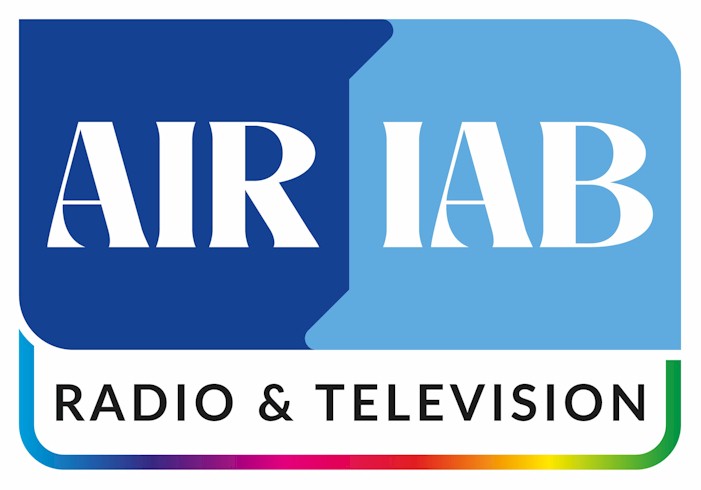United States | Radio Royalty Bill Heads For Markup Session In House Judiciary Committee.
The House Judiciary Committee announced late Friday that it will hold a markup of the American Music Fairness Act on Wednesday, Dec. 7. But with more than 250 bipartisan cosponsors of the Local Radio Freedom Act opposing the proposed legislation, it stands little chance of becoming law during the lame duck session of the 117th session of Congress.
The bill currently has only 34 co-sponsors in the House.
In a statement Friday evening, NAB President and CEO Curtis LeGeyt noted that a majority of the House of Representatives “stand with America’s local broadcasters against this onerous performance fee that would irrevocably damage local radio. In spite of this, the recording industry continues its uncompromising pursuit of this one-sided proposal that would upend the relationship between artists and broadcast radio.
"NAB remains committed to working to find a mutually beneficial solution to this decades-old policy disagreement, but this AMFA proposal is not the answer,” LeGeyt added. “A markup of this legislation as drafted simply ensures that yet another Congress will pass without meaningful progress on this issue."
Congressman Joe Crowley, Chairman of the musicFIRST Coalition, issued a statement, calling the planned markup of the bill “yet another sign of the growing momentum for music fairness on Capitol Hill. Our movement towards equity for artists has grown in strength because people grasp its basic principle: That Americans deserve payment for their work,” Crowley added.
The American Music Fairness Act (H.R. 4130) would require radio to pay for on-air music use. It also includes carve-outs for smaller operators. If enacted, the bill would require radio stations that fall under $1.5 million in annual revenue and whose parent companies make less than $10 million in annual revenue to pay $500 per year in performance royalties, or less than two dollars per day. Smaller stations – those with less than $100,000 per year in revenue – would pay ten dollars a year.
Yet the radio industry remains united because of, among other things, concerns that the bill would divert limited resources away from stations’ ability to collect and report local news, provide good jobs, and enable stations to respond to local emergencies. Broadcasters also say it would prevent new artists from breaking into the recording business and harm the hundreds of millions of Americans who rely on local radio.
- Source: Inside Radio
